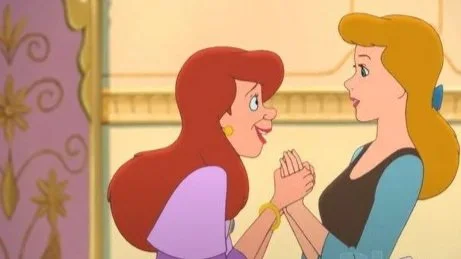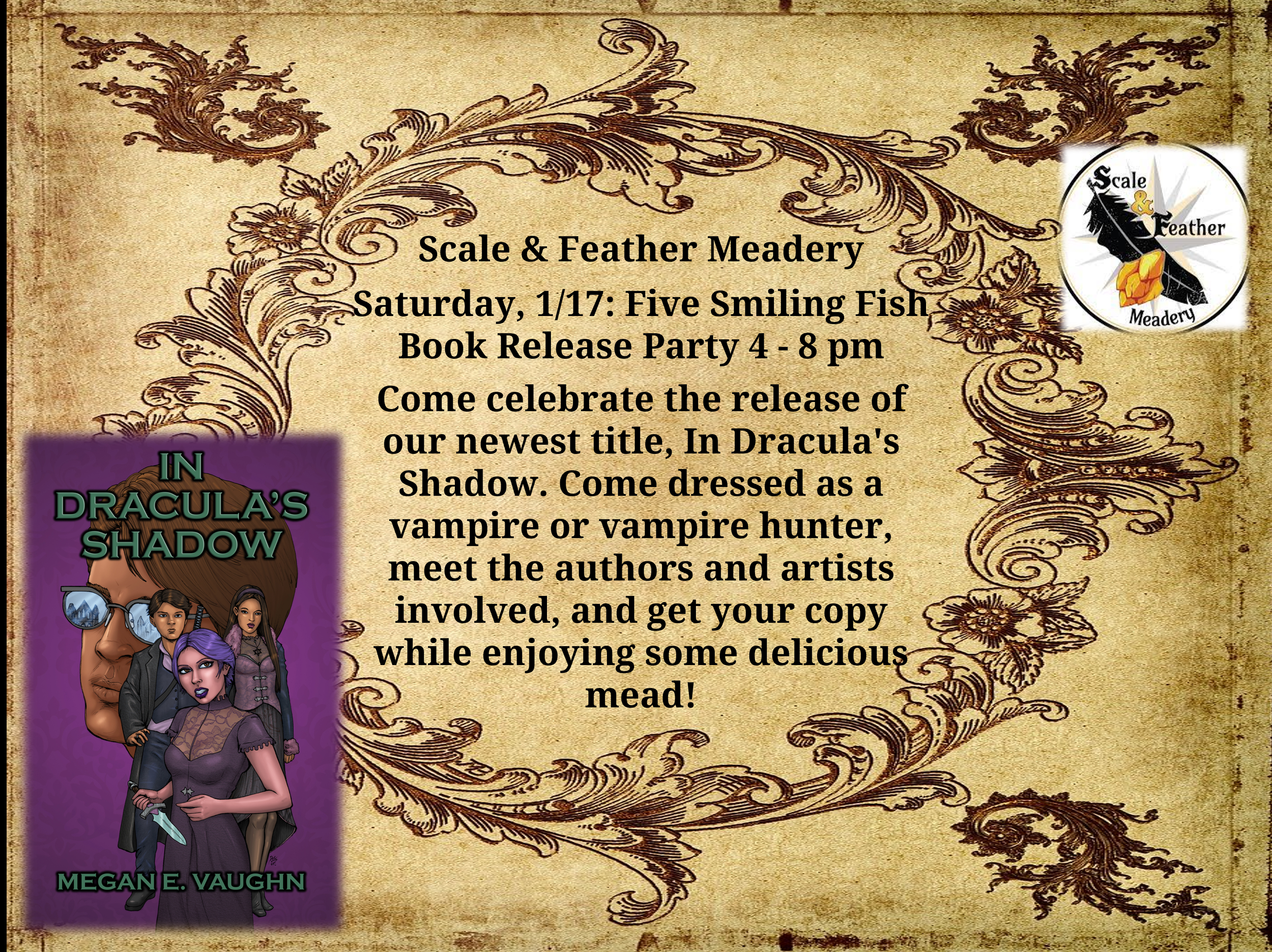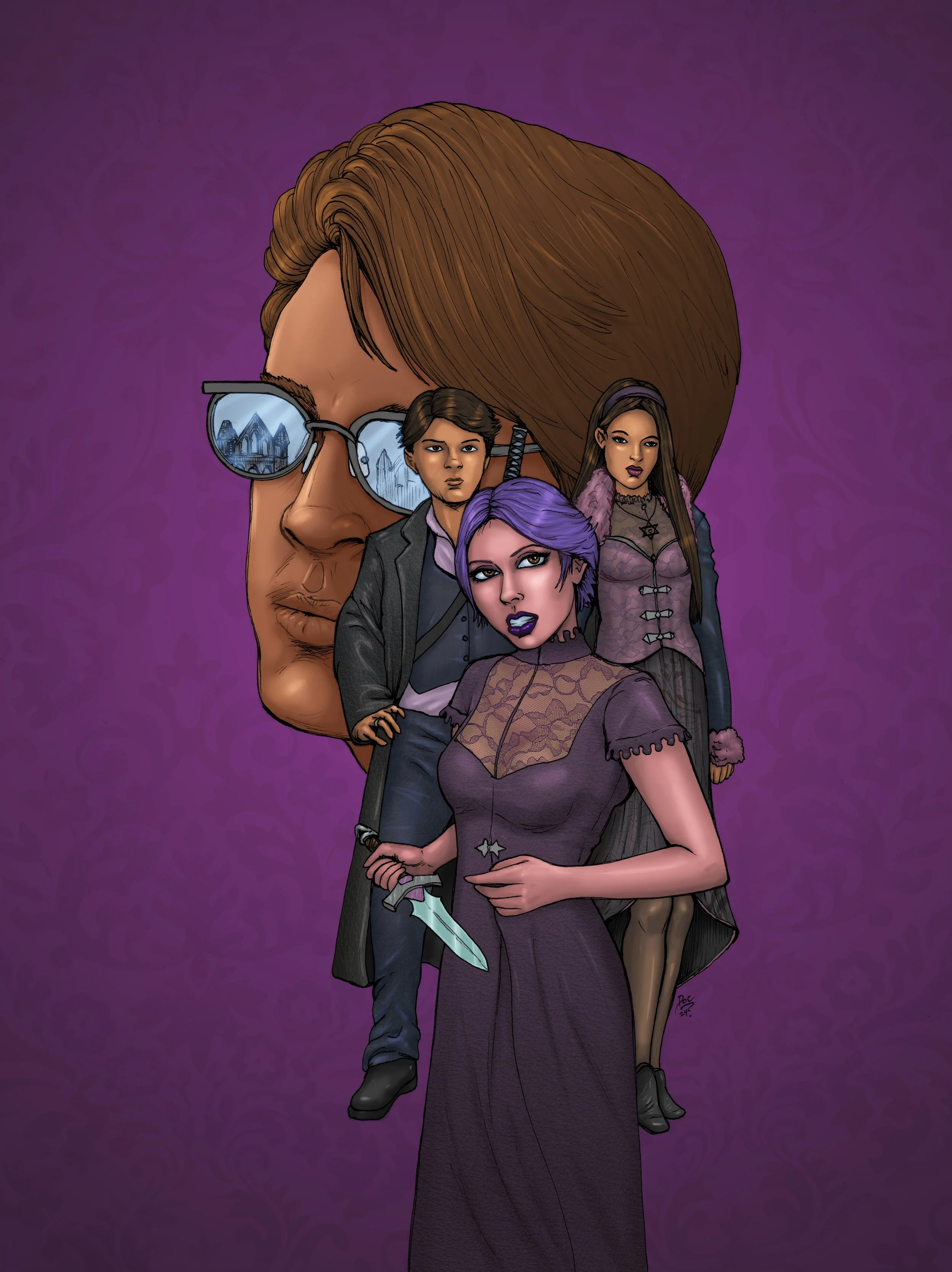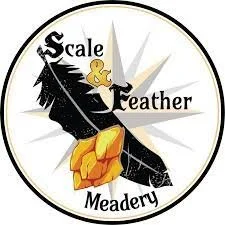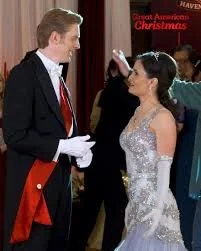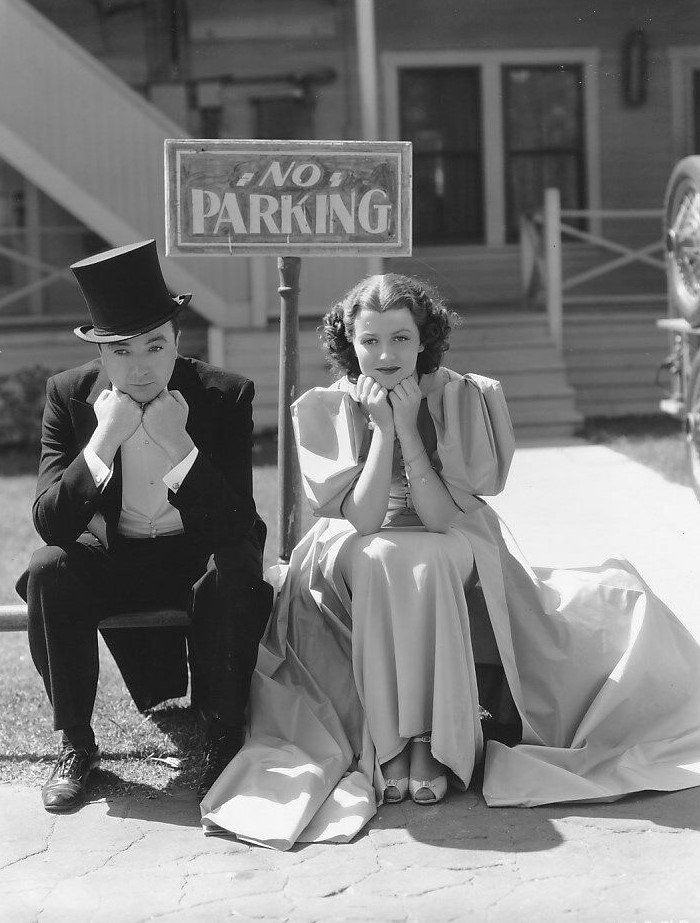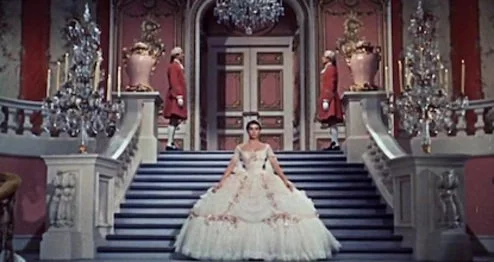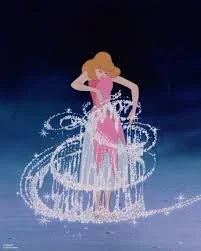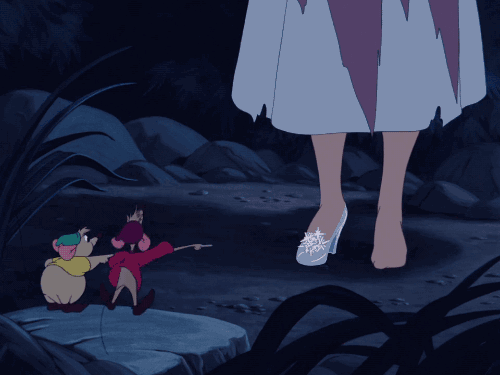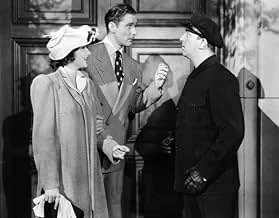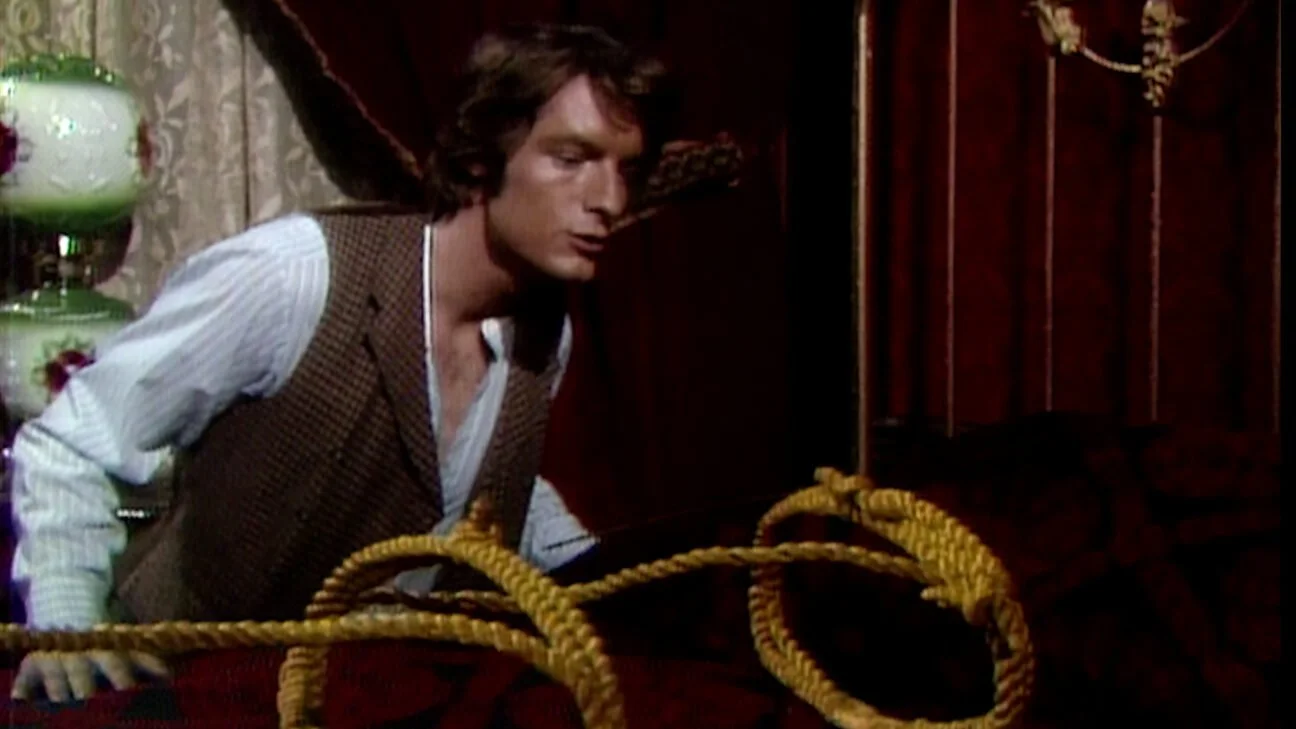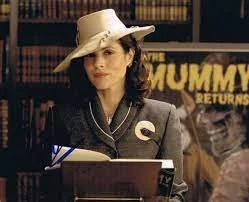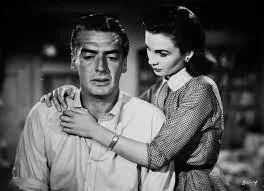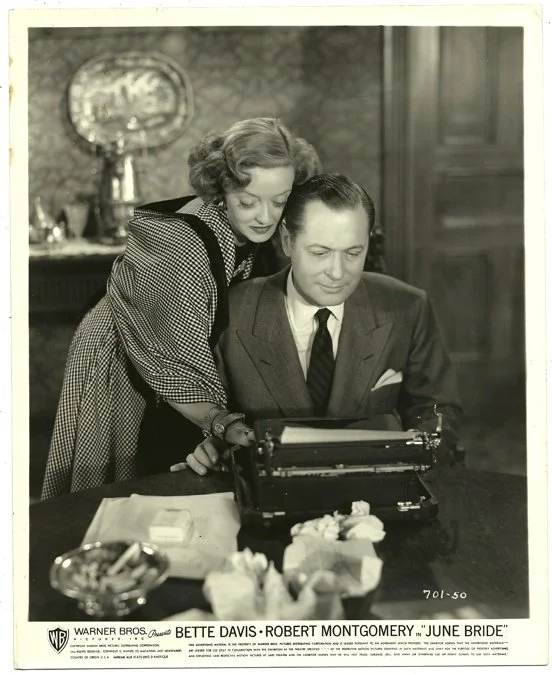There was a dark time in Disney’s history. Not as dark as right now with all of the live-action remakes. These films at least tried to tell a new story, yet still - a bleak history. This was the time of the direct-to-dvd Disney films. And there were so many of them. So. Many.
This one is particularly sweet and dull. It came out when I was a senior in high school and I would have been protected from it if I didn’t have a baby niece. My mom bought every one of these so we could keep the small child amused and, much to my regret, said child really liked this one.
Told in an anthology style, the mice regal the audience with three tales of Cinderella’s married life. They are creating a book with the help of the Fairy Godmother, who apparently just chills in the castle without any of the humans knowing.
The first story is about Cinderella being required to plan a royal banquet with the help of a strict housekeeper named Prudence and a pair of ladies-in-waiting who are not afforded the luxuries of personalities. Cinderella is dressed in restricting clothes and given a long list of rules to follow. The part of this story I liked was that they established that Cinderella had friends in the village. It makes sense that she would be popular among shop keepers and commoners. What I hated was Cinderella expressing a valley-girl-esque “ew!” when she finally removed the historically incorrect gown. This is of course when she decided to be herself and do things her own way. A very nice message, however I would have preferred it without a pop song.
The second story is the one that for some reason bored me the most as a teenager. Jaq the mouse is depressed that it’s to difficult to help Cinderella in a giant castle. He makes a wish to be human and the Fairy Godmother turns him into an Ichabod Crane knock-off. This misadventure then depresses Gus-Gus and Jaq’s neglected girlfriend Mary (a random female mouse who sounds like the Chipettes). Then, another pop song played, thus depressing me. This story is also about being yourself. Jaq does get some revenge on a castle’s cat who is a pale comparison to Lucifer in the first movie. Why are cats in Disney movies all motivated by bitchiness?
The third story is the only one really worth watching. Cinderella’s stepsister, Anastasia (the red-headed one , in case you weren’t sure) gets a crush on a baker in the village. Cinderella sees this “while in disguise” which really just means she’s in her scullery maid dress. How is that a disguise? It was already established that she has friends in the village so won’t they recognize her in her old clothes? Let’s have some continuity, people! Anyway, Anastasia’s mother and sister make fun of her while Cinderella offers to help. This is where you get the only line in the movie I really appreciate. Cinderella tells Anastasia to be kind because, “You catch more flies with honey”. Anastasia promptly asks, “Who’d want to catch flies?” She has a point.
Off topic, but does anyone else find it really weird that Anastasia owns a music box with dancing figures that look like Cinderella and the prince inside. I mean, why is the kingdom selling royal merchandise? And did Anastasia have to buy it full price or was it a friends and family discount kind of thing?
Back to the story. Anastasia suffers a Hallmark Channel movie misunderstanding where she thinks the baker already has a girlfriend. The baker suffers his own mishaps in attempting to court Anastasia. Then, Anastasia stands up for their awkward relationship to her mother and, get this, learns to be herself. There was a theme!
Was this worth watching again for the sake of a blog. Not really.


